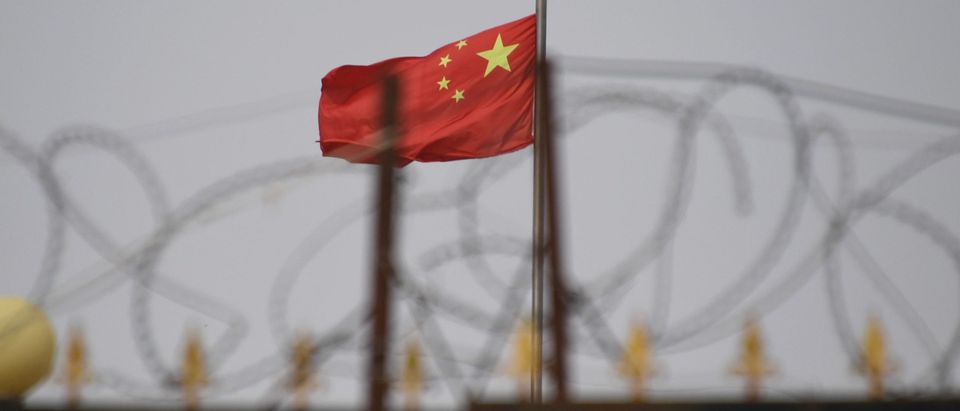Thousands of videos of Uyghurs in China’s northwestern Xinjiang region, all denying that China’s government is responsible for human rights violations in the region, are appearing on platforms such as YouTube and Twitter in what could be a propaganda campaign by Chinese officials to counter scrutiny over human rights, The New York Times and ProPublica reported Wednesday.
Among the people featured in the videos included a small business owner, taxi driver and textile factory worker. Many of them attacked former Secretary of State Mike Pompeo, who designated China’s actions in Xinjiang as a genocide in late January, and almost all them repeated the same line: “We are very free.”
The videos are meant to depict ordinary life in Xinjiang, but there is evidence to indicate broader coordination carried out by China’s government, according to an analysis of more than 3,000 clips and social media posts by The Times and ProPublica.
How do you deny genocide accusations today? An online influence campaign of course.
Our breakdown of the anatomy Chinese propaganda campaigns, which now flow fast and at large scale from China to the global internet. This is likely just the beginning. https://t.co/AH47Mm6Z1c
— Paul Mozur 孟建國 (@paulmozur) June 23, 2021
China’s government is ramping up domestic and international propaganda efforts, ranging from musicals and documentaries to disinformation campaigns on social media, to counter scrutiny over its reported human rights violations in Xinjiang.
Current estimates indicate China in recent years has detained at least 1 million Uyghurs and other ethnic minorities in re-education camps, according to Axios. Beijing has specifically targeted the Muslim-majority population in the region and is committing “demographic genocide” through forced abortions and sterilization, according to multiple reports and testimonies.
The people featured in more than 1,000 videos said they recently came across Pompeo’s remarks criticizing China’s actions in Xinjiang, mainly “on the internet” or on Chinese social media platforms like Douyin.
WATCH:
The same words and phrases are also repeated in hundreds of the videos. A four-character Chinese phrase meaning “born and raised” is mentioned in more than 280 videos. Another four-character Chinese phrase meaning “complete nonsense” is mentioned in more than 600 videos to dismiss Pompeo’s criticism of China’s human rights violations. (RELATED: More Women Describe Forced IUD’s, Sterilizations, Sexual Violence In China)
WATCH:
Many of the videos first appeared on a regional news app run by the ruling Chinese Communist Party (CCP) earlier this year, according to The Times. But then they began appearing on Western social media platforms such as YouTube and Twitter, which are notably banned in China.
The owner of a used car dealership in Xinjiang who was featured in one of the videos later admitted to The Times and ProPublica that local propaganda authorities were responsible for the clip. The man, who’s name is being withheld, mentioned a local official identified only as Mr. He, though the official did not respond to calls from The Times and ProPublica.
There is also evidence to suggest that Twitter accounts sharing the videos on the platform were part of a coordinated operation, according to The Times. Almost all of the accounts were created recently and their posts included identical messages, with a random string of Roman letters or Chinese characters included at the end, presumably to bypass anti-spam filters.
Chinese state-backed media outlets and government officials on Western social media platforms even shared clips earlier this year to dismiss accusations of forced labor in Xinjiang. Chinese foreign ministry spokespeople Zhao Lijian and Hua Chunying both shared clips of a Xinjiang cotton farmer in February. (RELATED: Independent Report Finds Evidence Of Beijing’s ‘Intent To Destroy’ Uighurs In Xinjiang Genocide)
WATCH:
In a related video, a Uyghur woman sitting on a couch presumably with her husband and son attacked the clothing brand H&M for raising concerns about forced labor in Xinjiang’s cotton and textile industries. A similar coordinated campaign against H&M had been carried out earlier in March.


